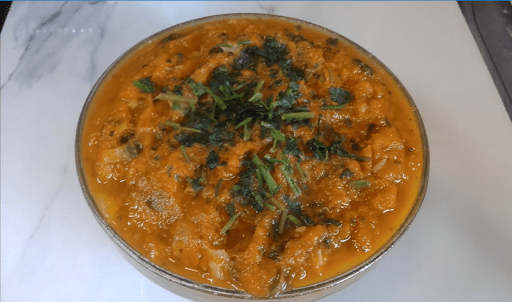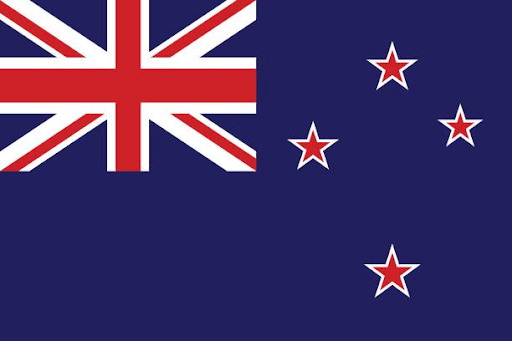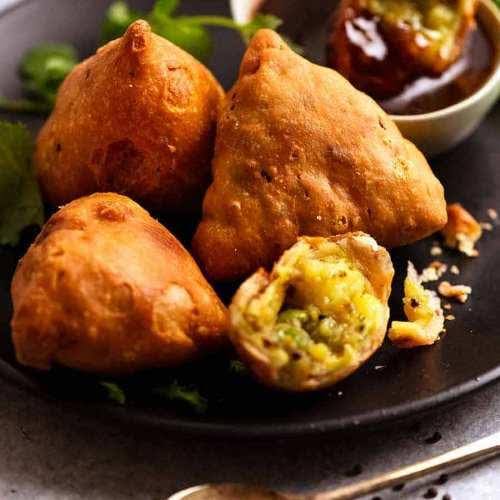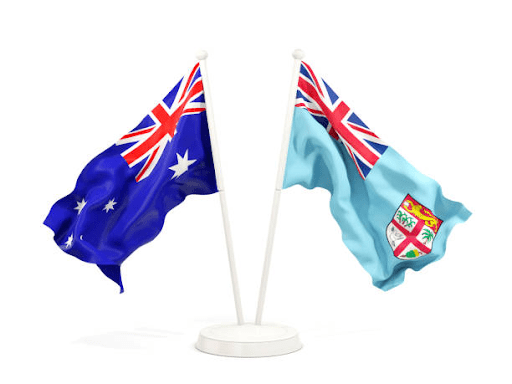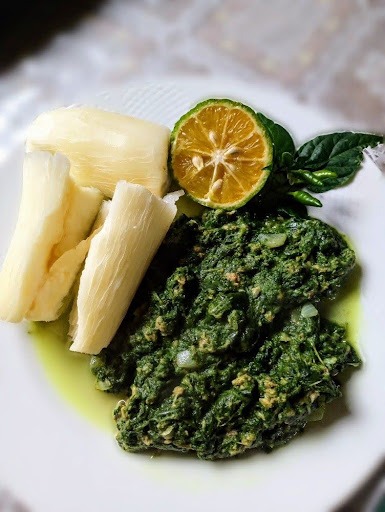Fijian family relationship terms to remember when in Fiji
Family links in Fiji are different from the usual English understanding of how family relations work. In simple – Fiji and perhaps in other parts of the Pacific, our understanding of family is basic, relatives of your parents’ generation are your uncles and aunts, relatives in your generation are your cousins and those in your grandparent’s generations become your grand-aunts and uncles. We’ll teach you a few kinship terms to know when you are in Fiji, in case locals use these terms toward each other or to you and you won;t feel confused about the situation..
Tavale
Pronounced Tah-vah-le, this term refers to a cross-cousin, a child of your father’s sister or your mother’s brother. There’s an emphasis of ‘joke and banter’ on this type of ‘vei-wekani’ (relationship), in fact, Tavale’s are often considered perfect marriage partners in the Fijian culture. Any place where vei-tavaleni’s (cross-cousins) are in, will be a place of laughter, loudness and ludicrous acts.
These types of relationships are unique and in a way, very Fijian. This relationship can become so boisterous that your Tavale can take any gadget or a favourite t-shirt of yours without asking- and that would still be regarded as normal.
Taciqu
Taciqu (tah-thee-ngoo), with a hard sounding ‘g’, is a term of endearment used for a younger sibling of the same sex. An older brother may use this for their younger brothers or sisters to their younger sister. A shorter form for this is, ‘Taci’ (tah-thee), and can be used in public to create a space of familiarity. A modern and English twist to this, which will be heard more commonly between me and boys in the terms, ‘bro’, brass, ‘baraca’. All these are fijianised terms for the word, brother.
To refer to an older sibling, one would say, ‘tuakaqu’ (too-ah-ka-ngoo) and if someone referred to sisters in Fijian, then it would be, ‘veitacini’ (ve-e-tah-thee-nee).
Ganequ
‘Nga-ne-ngoo’, a term similar to taciqu but used to refer to a sibling of the opposite sex. If you are female, then the term would be used to refer to your brother or cousin brothers (children of your mom’s sister or father’s brothers), such as ‘my brother’ or ‘my sister’. This relationship between a brother and sister is respectful and Fijian men have been known to use this in public as a term of respect for women. Variations of this word include, ‘ganena’- her brother or ‘ganei Peter’ – Peter’s sister.
Luvequ
‘Loo-ve-ngoo’, is an affectionate term that means, ‘my child’ in Fijian and is usually used by adults or elders to refer to children or people younger. Many older men and women still freely use this term in public spaces today, whether it is to ask for help, raise a question or to greet young people. If someone in Fiji refers to you in this term it is used out of fondness.
Makubuqu or maku
‘Mah-coo-mboo-ngoo’, as it is pronounced, means ‘my grandchild’ in Fijian. A great-aunt and anyone of your grandparent’s generation may refer to you as, ‘makubuqu’ or ‘na maku’. Most Fijian elders use this term to refer to anyone they deem suitable enough to be of a grandchild’s age. In Macuata, Vanua Levu, the term is known as ‘vuaku’.
Dauve
Pronounced, ‘nda-ooh-veh’, refers to ‘sisters-in-law’, that is, specifically the relationship between a wife and her husband’s sister, sisters or cousin sisters. Referring to their relationship would be, ‘vei-dauveni’ or ‘dauvena’ – her sister-in-law.
Karua
A relationship that refers to people who are married into the same family, to two sisters. Another instance is the relationship between you and the spouse of your Tavale, he/she will be your Karua. This word means, ‘second’ and the idea behind this relationship is that ‘vei-karuani’s’ are seen as backup’s for remarriage for when her or his karua’s..
Nei
This word means, aunt, referring to your father’s sister, your maternal uncle’s wife and even your mother-in-law, your spouse’s mother. Pronounced ‘Ne-e’, a relationship between a Nei and her niece/nephew is known as ‘vei-vugoni’ and this relationship can be so complex to the point that they may not converse and eat separately during meals.
Momo
This is the spouse of your Nei, he is your Momo (moh-moh). He may be your father-in-law, your mother’s brother or your paternal aunt’s spouse. As vei-vugoni’s, he is also accorded the same intricately complex relationship that a Nei receives.
Note, that these terms may be different in some dialects, aside from ‘Vuaku’ used in Macuata for grandchild, parts of Naitasiri also use ‘Rai-vana’ for ‘Dauvequ’.


